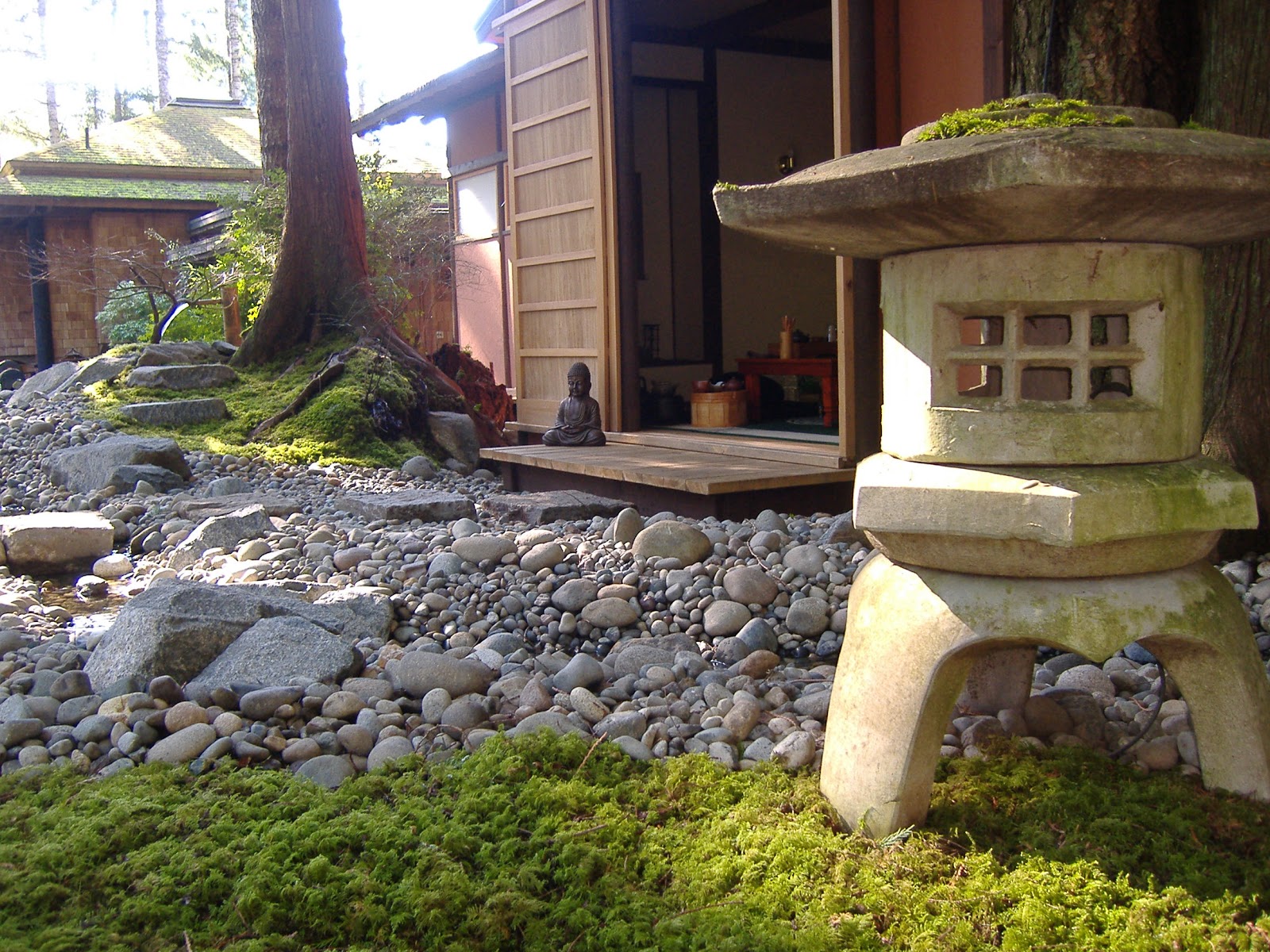
Muitas vezes esses momentos passam por nós despercebidos, pois temos o que pensamos serem as coisas mais urgentes para fazer: partir para pegar um amigo, terminar algum trabalho no tempo certo, se preocupar em terminar uma lição de casa, etc. Para ser honesto, é difícil, e quase impossível, para alguém estar totalmente alerta sobre cada instante de cada momento. Seria uma vida de sobrecarga e desumana de se viver. Não sei como entender isto, mas até onde posso falar, os humanos são as únicas criaturas do planeta que têm a capacidade de fazer os eventos que se passam um filme mental, ou prever eventos que podem ocorrer além do momento vivido. O “Encantador de Cães”, Cesar Millan diz aos clientes que os cachorros só vivem no presente. Outro exemplo seria Charlotte Joko Beck que escreveu: “O gato é uma maravilha; mas ele não sabe disso, ele só vive”.
O que quer dizer “só vive”? Eu tive um vislumbre disso em duas ocasiões. A primeira foi de muito prazer, mas, naquele vazio completo de entendimento do que era aquilo. A segunda aconteceu dois anos depois e foi tão misteriosa como a outra. A primeira foi em uma montanha, a segunda foi em uma almofada no Zendo. Se um mais um é igual a dois, a justaposição desses dois eventos me ensinou uma aritmética diferente. A primeira experiência foi compartilhada com um amigo enquanto caminhava na montanha Phoenix, no Arizona. Tínhamos escalado até o topo de uma subida íngreme e tínhamos parado para descansar em uma grande rocha. Não estávamos lá muito tempo e vimos dois coiotes andando vagarosamente através do relevo da montanha 30 pés de distância de nós. Ficamos imóveis como uma presa enquanto os assistíamos vagarosamente e deliberadamente. Quando os coiotes desapareceram na distância, meu amigo e eu só olhamos um para o outro, sem dizer uma palavra, e retornamos quietos até a encosta da montanha. Conversamos muito depois e não mencionamos os coiotes. A experiência parecia pertencer a outro tempo, outro mundo.
Eu tinha esquecido os coiotes até uma noite enquanto praticava zazen. Eu estava- indiscutivelmente como parece- incapaz de ignorar meus pensamentos sobre o Coração Sutra. Minha mente estava ocupada com escrever um texto sobre o vazio. Estava envolvido no pseudo-narrador quando de repente, eu vi uma formiga veio na minha visão estreita no chão do Zendo. O texto que estava escrevendo desapareceu imediatamente e tudo que pude fazer era assistir aquela formiga caminhar ao redor, a torto e a direito, na frente do meu travesseiro. Eu assisti aquilo por horas provavelmente no tempo de formiga, minutos e segundos para mim. Eu não tinha ideia de quanto tempo assisti aquela criaturinha, mas meus pensamentos tinham ido embora... Sim! Como no dia que meu amigo e eu vimos os coiotes serpenteando em meio às salvas e cactos. Não houve diferença em ambos os eventos. Os dois se misturaram e me sacudiram como se alguém virasse minha cama do lado ao contrário e me acordasse de um sono profundo. Foi maravilhoso. O que foi aquilo? Quando acordei, eu procurei por aquela pequena formiga. Eu realmente queria agradecê-la pela sua caminhada, mas ela não estava em nenhum lugar. Foi real? Ou uma “realidade separada”? Esses eventos foram vazios ou formas? Dois eventos: um impressionante e sentido sem compreensão, e o outro um flashback que fechou bruscamente meus sentidos, me deixando em um estupor de um sonho, em um vazio Zendo, por debaixo de uma montanha, coiotes com seis pernas, formigas com quatro e eu sem nenhuma: uma rocha sólida sobre a qual sentar. Um insight do significado de estar no presente.
Frank Roberts (Fa Guang Shakya)
Junho 2011
